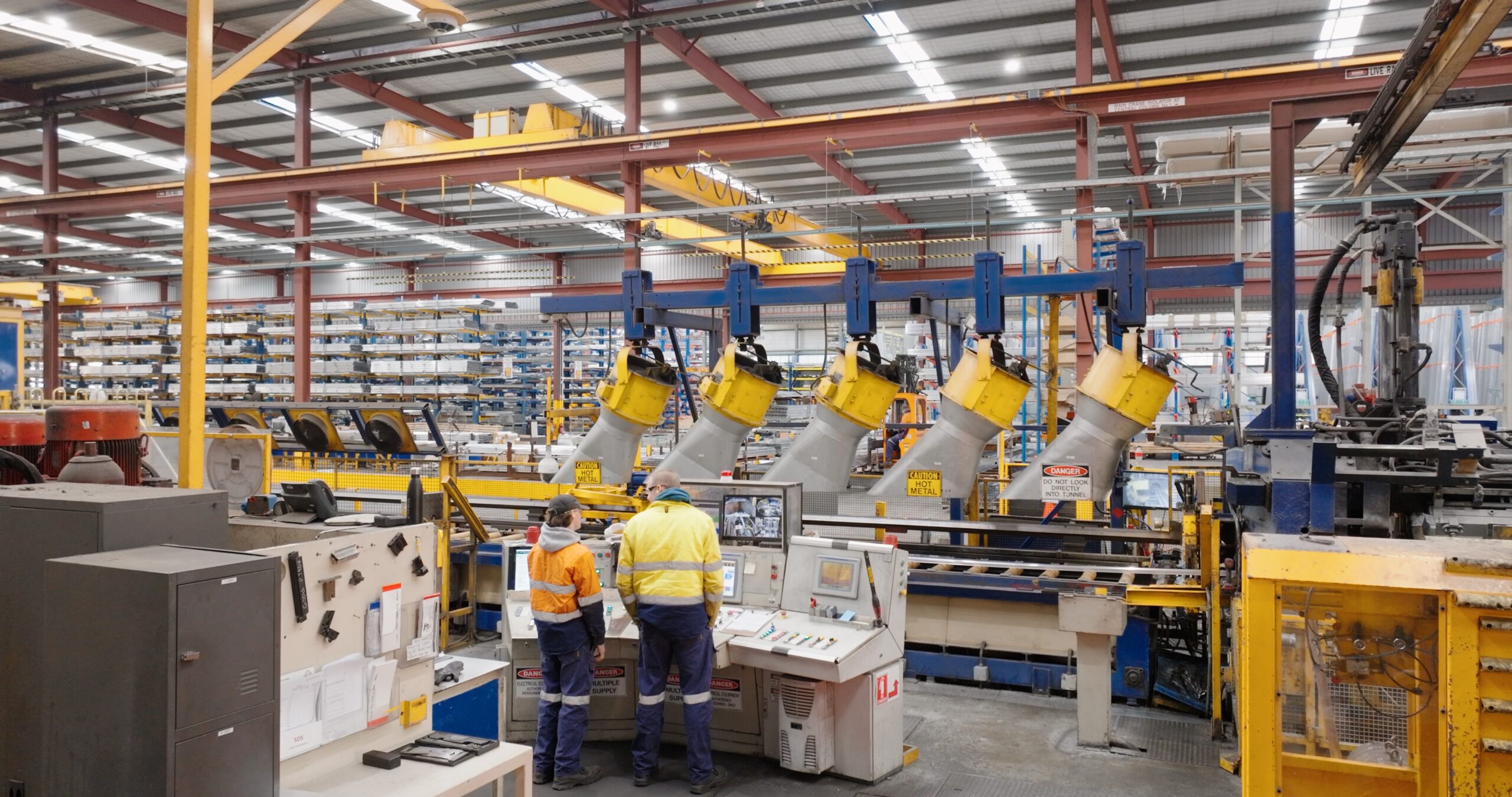Capral, Sims Metal, and Rio Tinto Collaborate on Local Aluminium Recycling Loop

Photo Credit: Capral
According to a joint announcement by Capral, Sims Metal, and Rio Tinto, the three companies have officially launched a closed-loop aluminium recycling initiative aimed at accelerating the decarbonisation of Australia’s aluminium sector. The project, which builds on a successful 2024 pilot, is designed to establish a fully domestic circular supply chain by remelting aluminium scrap into high-quality billet for reuse in local manufacturing.
As reported on Capral’s official website, the initiative sees post-production aluminium scrap from Capral’s extrusion facilities delivered to Sims Metal, where it is sorted and prepared for remelting. The processed scrap is then transported to Rio Tinto’s Boyne Smelter (BSL) in Queensland, where it is re-cast into new billet with a minimum of 20% recycled content. These billets are subsequently returned to Capral for reuse in local extrusion operations. The first production cycle will involve 1,000 tonnes of aluminium.
This initiative marks a significant milestone for the Australian aluminium industry, demonstrating the feasibility and value of keeping aluminium recycling processes entirely onshore. The material remains within Queensland at each stage—from bauxite mining to smelting and extrusion—minimising transport-related emissions and reinforcing local supply chains.
The closed-loop approach is a response to increasing industry demand for sustainable production practices. According to Rio Tinto’s Pacific Operations Aluminium Managing Director Armando Torres, the collaboration underscores the partners’ commitment to innovation and sustainability. “We are pleased to collaborate with SIMS Metal and Capral to pioneer and scale an onshore closed-loop aluminium recycling solution that is driven by the needs of the market and our customer, Capral,” said Torres.
Sims Metal’s Chief Commercial Officer David Burrows highlighted the importance of the company’s role in ensuring consistent quality in the remelting process. “Using more recycled aluminium in the manufacturing process is an immediate way the industry can continue to decarbonise and at the same time strengthen local aluminium supply chains,” Burrows noted.
Aluminium recycling is significantly less energy-intensive than primary production—remelting scrap requires only around 5% of the energy needed to produce aluminium from raw materials. This makes initiatives like this a critical strategy in reducing industrial carbon emissions without compromising product performance.
Capral Managing Director and CEO Tony Dragicevich emphasized the alignment of this project with the company’s broader sustainability goals. “Building on our successful 2024 trial with Rio Tinto, working together enables us to offer our customers extruded aluminium options that support circularity, strengthen local supply chains, and reinforce the role of Australian manufacturing in a low-carbon future,” Dragicevich stated.
According to Capral, the project also supports its commitment to the Aluminium Stewardship Initiative (ASI), promoting responsible production practices, environmental protection, and transparent supply chains.
As Australia’s manufacturing sector faces the dual challenge of decarbonisation and resource efficiency, this closed-loop aluminium model could serve as a blueprint for broader adoption. The collaboration showcases how industry partnerships can convert post-production waste into valuable material, paving the way for a more sustainable and self-reliant manufacturing future.
Source: Capral






